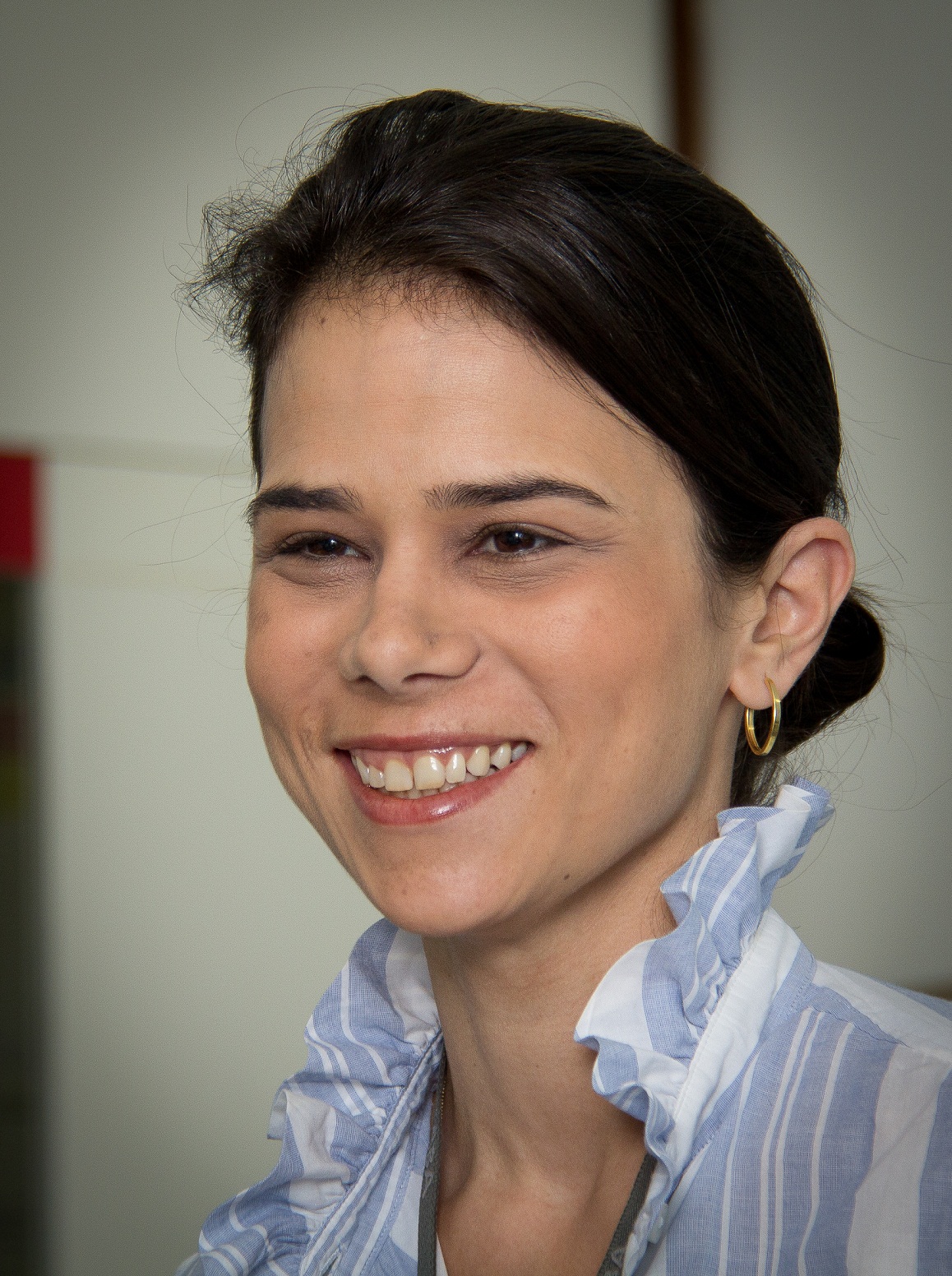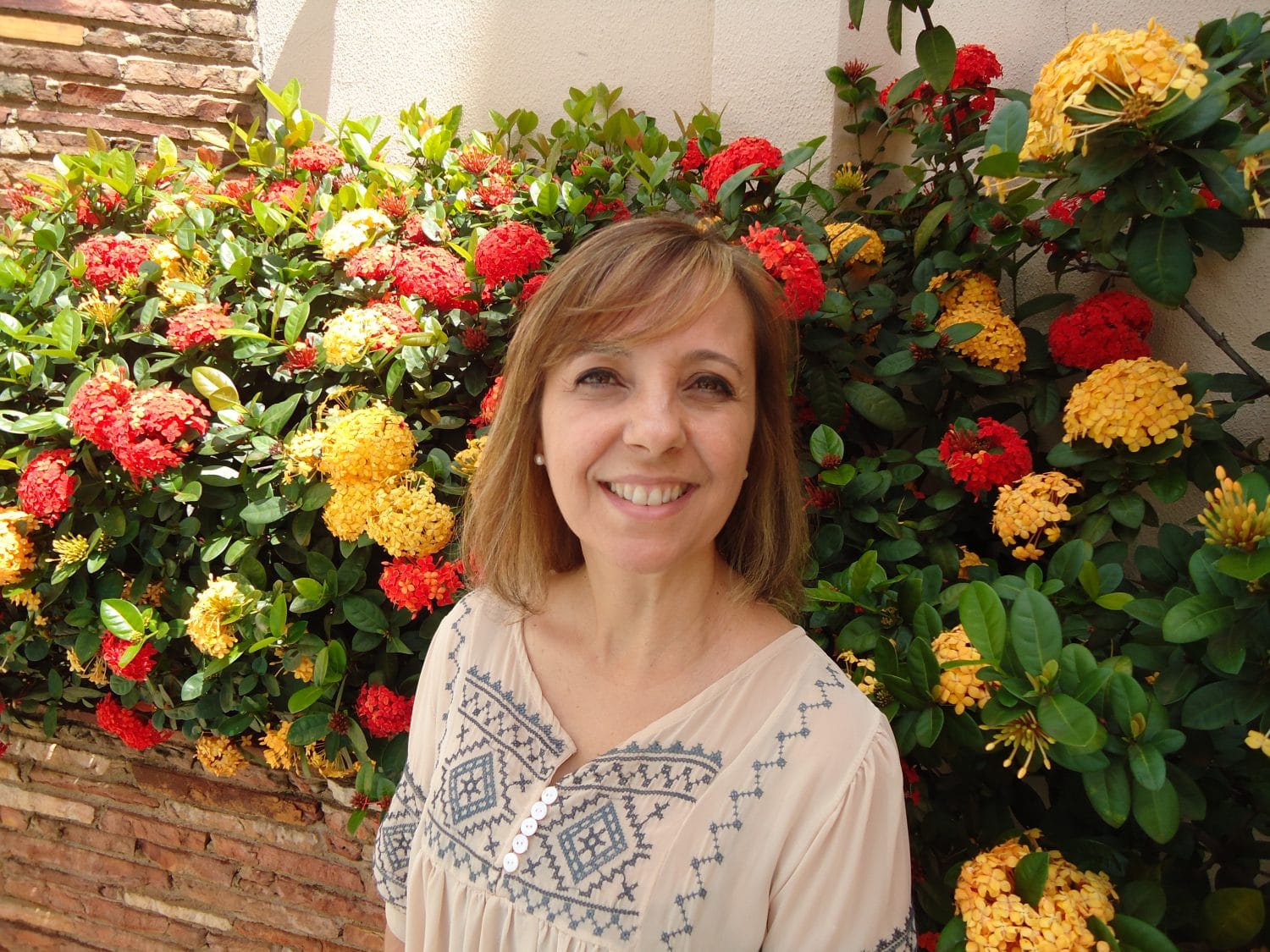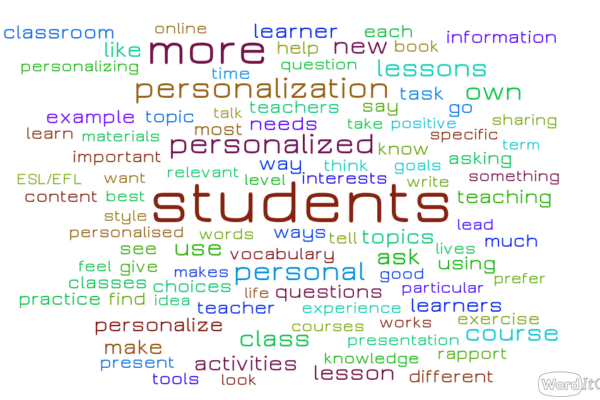More than Words
More than words (or at least more than a language!)
I like to think I am more than a language teacher. Those who know me also know that I don’t say this because I think being a language teacher is a lesser job. Quite the contrary, to tell you the truth. I am very proud of it. But when I think about what I do with my students I can see so much more than (just) a language being developed in the classroom.
See, more than a teacher I dare consider me an educator, in the full sense of the word. A language (English in my case) is what my students come to the lessons for. But I think I have an unspoken duty of doing anything I believe will make my students better suited for the world they live in. A couple of things that happened recently can illustrate that.
The first happened in a lesson about traveling and places to visit in a city. The students in this group range between 12 and 13 years old, and they were supposed to review a few common sites found in a city as well as learn a couple of new ones. One of the places listed in the coursebook was “church”. The vocabulary list on the book also mentions “mosque” and “temple” – both a welcomed addition (I usually only see “church” in books). So of course students asked about these unknown words, and I explained. I also added synagogue. But instead of just explaining, after each explanation I asked SS what they knew about each religion. Students felt safe enough to ask me my own religion and tell me theirs. And that’s when the lesson became something more than just “places to see / visit in a city. I asked the students who felt comfortable about talking about their own faith to think together about similarities between their faiths. I explained what I know about the ones that aren’t represented in this group. And then we had a very (surprisingly!) discussion about assumptions about other religions, respecting different views (different doesn’t mean wrong!) and the role of tolerance in the world we live today. I asked SS about problems happening in the world because of religious intolerance, and how the simple acceptance of differences would mean so many less deaths, so much less aggressiveness. In the end, the students had learned the intended vocabulary and hopefully left the room a little more open to differences.
Living in the globalized world we do today, I think it’s our role to prepare students to deal with the different cultures and thinking they will come across when venturing in the world. If we are teaching them a language to enable them to engage in interactions with people from other countries and cultures it would be hypocritical not to. Wouldn’t it?
And as a side bonus, I like to think I am also helping them become more tolerant, understanding and open people. Which, in my belief, will also make the world a bit better.
What about you? Can you think of windows of opportunity in the classroom where you could raise this global awareness? Have you?






